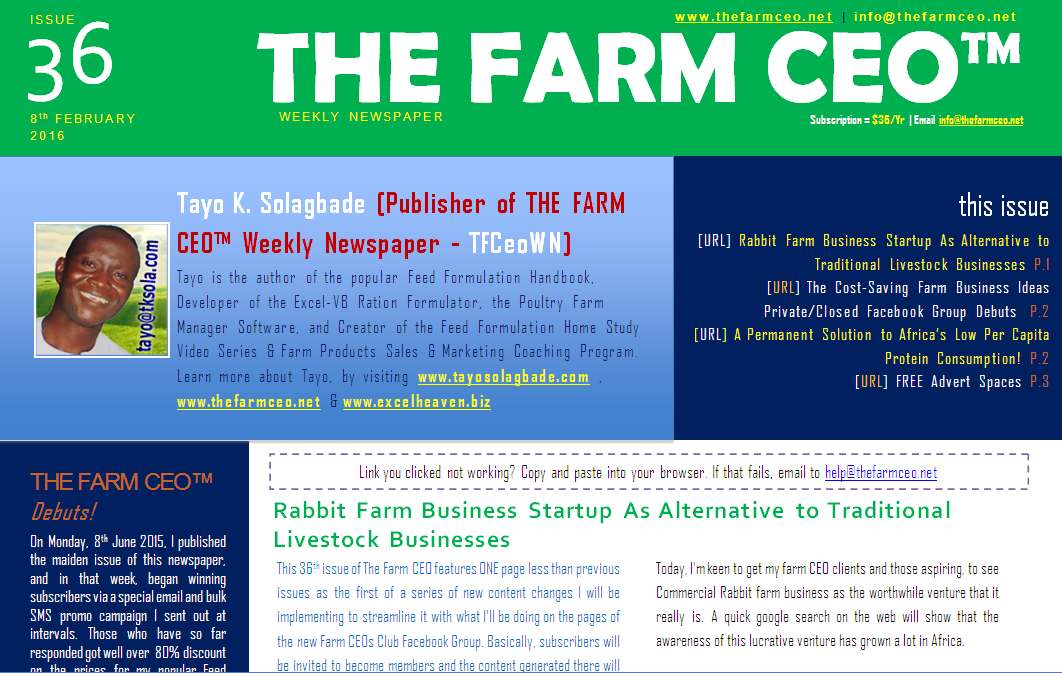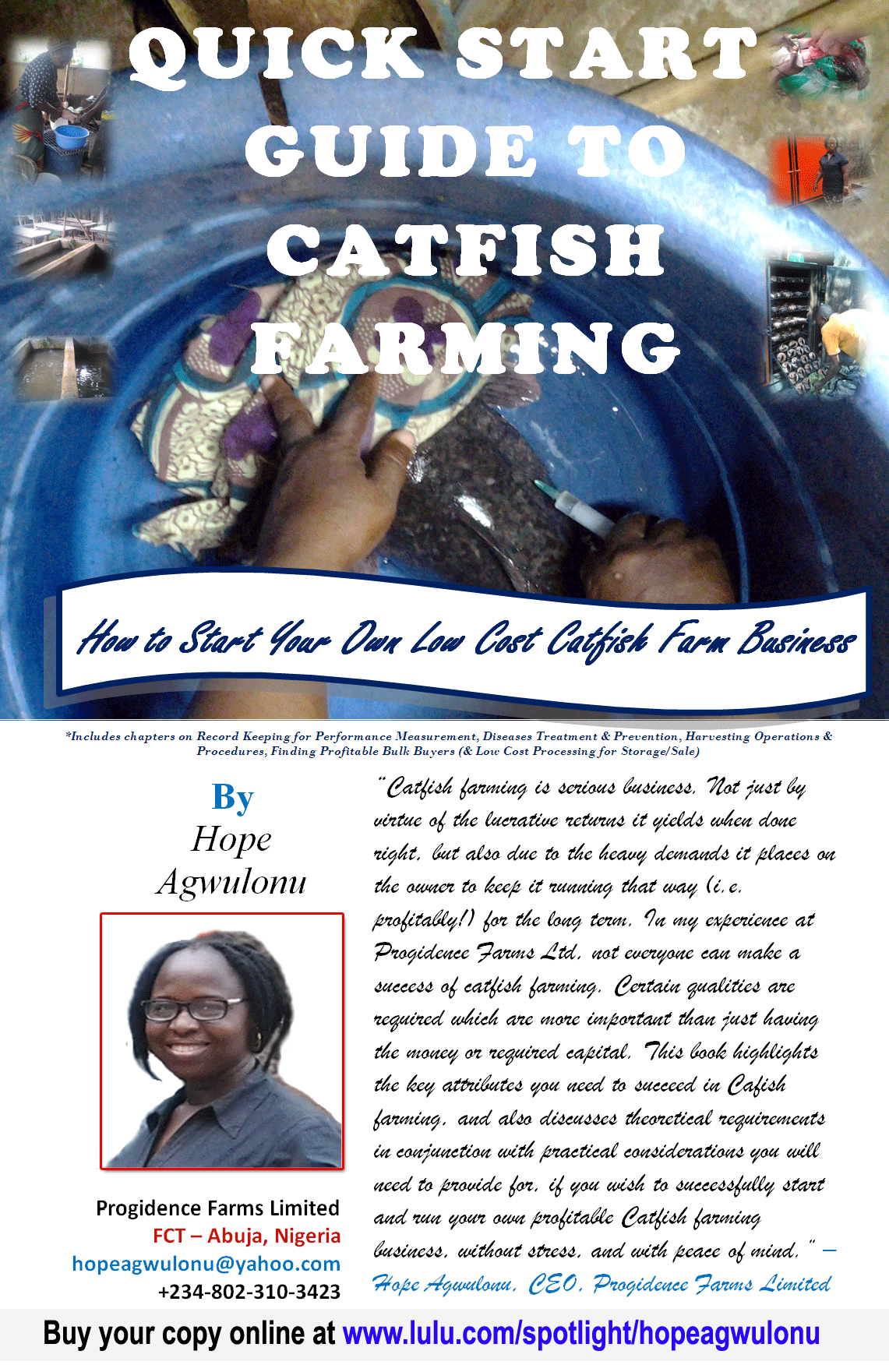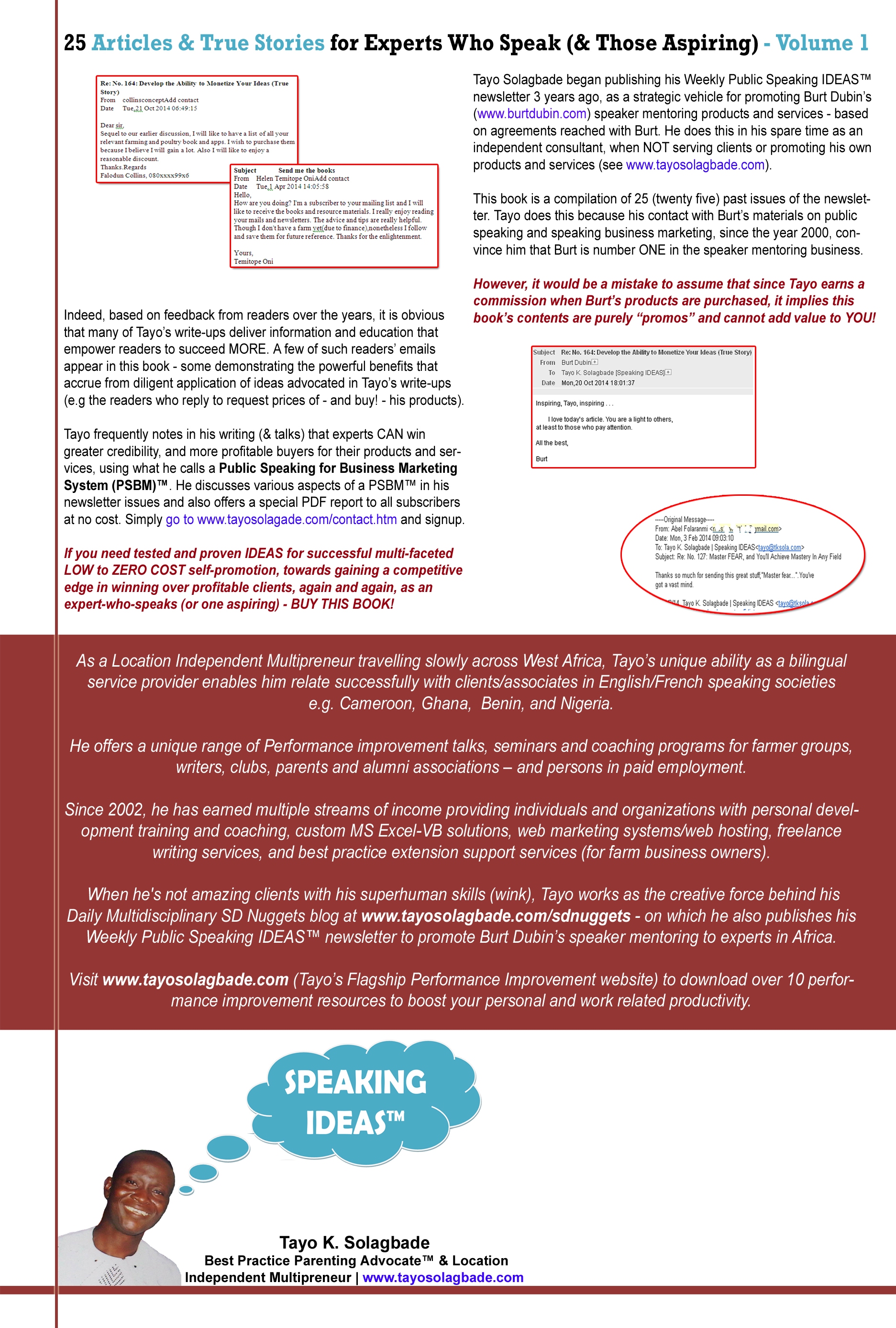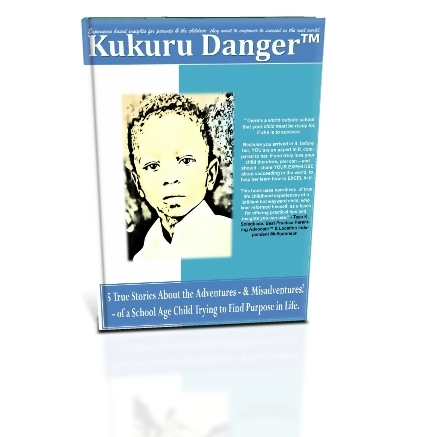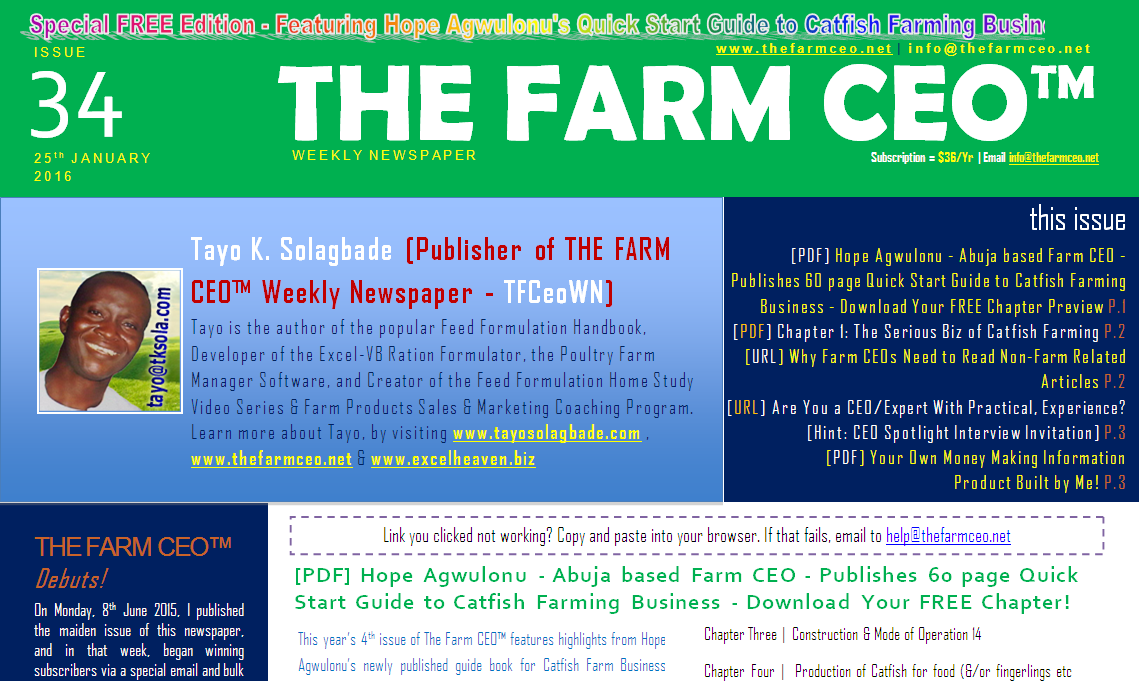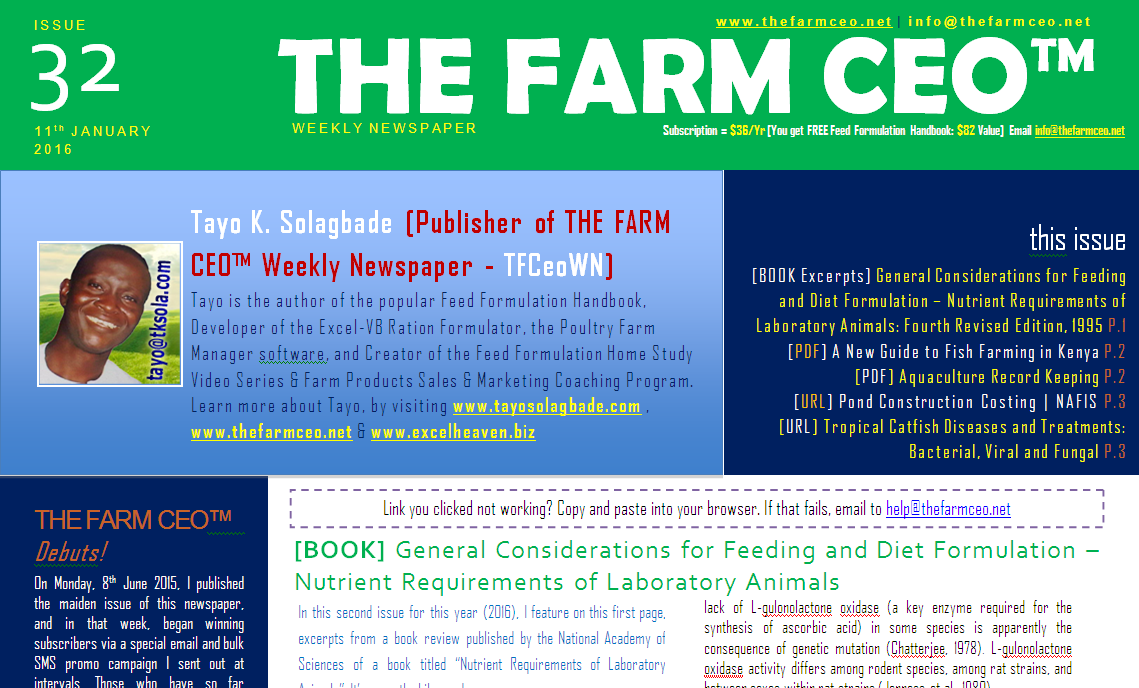It’s become more apparent that we as a people in Nigeria still refuse to GET IT, when it comes to identify SMARTER strategies for earning TANGIBLE foreign exchange on a sustainable basis to boost our economy.
Since I became a child capable of intelligent thought, growing up in Nigeria, most times the subject of foreign exchange earnings has been discussed, it has always been MAINLY regard to sales of Crude Oil, and Agricultural Exports.
Fast forward many decades later, and I’m approaching my 46th birthday, yet nothing has changed.
Both the leadership and followers in Nigeria still cannot see that there are MANY more reliable alternative ways today, to earn substantial amounts of foreign exchange, on a long term sustainable basis, at much less cost, using much fewer resources, and in much less time!
This is the Information Age we’re in for heaven’s sake. A time in which PC and Internet technology drives virtually every area of our lives – even including the exploration of our crude oil (which now commands pitiful selling prices in the market) as well as our agribusiness endeavors.
I recently got a browser error message displayed in my attempt to make online renewal payment for a client’s website hosting using my Debit card, linked to my Paypal account.
The message shown advised that my card been “denied by the card issuer”: I had no clue what that meant.
By the time I called the bank’s support arm, they checked and announced that the funds paid in by my client were insufficient. In reality however my hosting provider platform was working with Nigeria’s N200 to $ 1 USD official exchange rate showing that I have well over the required amount.
Long story short, by the time I voiced the above fact, the bank customer service operator told me that N300 to $ 1 USD rate was set for online card transactions, due to the continued fall of the Nigerian Naira, was responsible!
Yet, NO notification was sent out to card users to that effect.
So users discovered that fact only at the point of payment! By implication of the above, my client, who’d I only recently hit with a price increase, to adjust for an earlier value drop, now has to absorb yet another hike to make the payment possible.
My point however is that this is all happening because Nigeria’s major means of earning sustainable amounts of foreign exchange is via crude oil and agricultural sales, for the most part. With the former providing the bulk of the earnings, effectively making us a mono-economy for decades, we were NOT ready for the drastic change in fortunes when it happened.
Now that the oil market is no longer so lucrative, our leaders and people are turning to Agriculture – which is not bad. However, in doing so they are adopting the same mental attitude employed in handling our generation of Forex earnings from crude oil sales.
By this I mean, for instance, that they are working to setup large plantations, agricultural estates, farm settlements and the like.
To be fair to them, such models are proven to be viable and in some areas are already working. The problem I see, which many of those involved seem not to, however, is the fact that this adopted approach takes A LOT of time, money, effort and resources.
This is why despite the lucrative prospects of venturing into agribusiness, so many who want to, have not been able to. And since government itself is no longer exactly swimming in a pool of free-to-spend cash, they are unable to give out as much financial assistance as they would like to.
Add to that the massive hole smashed into Nigeria’s coffers, by the political looters, most still being chased for possible recovery, and it becomes obvious that this capital and resource intensive strategy used for so long is simply not worth making our main focus.
We need to put in place something that can work faster, with much less (if possible zero cost) requirements, while at the same time impacting a larger number of our people.
Such a solution exists and has been in existence for decades.
But it is ALIEN to our society, for the most part. We are simply not used to functioning in such dimensions.
That is why it is understandable that up till this moment, despite ALL the pain, suffering, and lack visited on majority of us, we and our leaders still choose to ignore it or pretend it’s not there.
Yet if we were to adopt it, massive benefits can accrue to us a nation, within a much shorter period, and on a much more sustainable basis compared to what we currently have in place!
This solution requires deliberate use of the Creative Mind, the brain, the thinking faculties – in as many varied ways as possible, to earn income.
To some extent one could argue that we have elements of that happening already in Nigeria. That would be with regard to our entertainment industry. I won’t waste time explaining much.
One example should suffice.
What do David O, Tuface, Olamide, Sunny Ade, Wiz Kid, Seun and Femi Kuti, Lagbaja and so many other musicians getting international recognition do to make money?
Simple. They think up songs and strategies to deliver those songs to their target markets in a way that gets them invited to perform, and also earns them royalties from records sales.
But let’s get real here. Most Nigerian artistes don’t really know what it feels like to live on royalty earnings. The system we have here simply does not protect their interests that well in the respect.
As a result, they depend heavily on LIVE shows for their living. However Lagbaja, the Anikulapo-Kuti Brothers, Asha and other Nigerian acts who have established themselves by traveling and recording internationally, can boast of such royalty benefits being significant. Fela Anikulapo Kuti did that so well, that his albums continue to generate earnings for his offspring toda, MANY years after he’s passed on.
Most people in Nigeria don’t get it but THAT is another way foreign exchange earnings enter Nigeria.
Having said that however, even the music or entertainment creation model does not offer as much rewards to a large population like ours, compared to the solution I have in mind.
Among other things, getting started in music can often require having access to scarce funds. And this has caused some great talents to NOT take off in that industry.
The solution I advocate for adoption has much fewer barriers to adoption – even age is almost no limitation!
The fact that Nigerians in general have not adopted this solution I have in mind, does not imply we are dumb, blind or stupid.
No. It’s more of a problem of one-sided thinking caused by years of exposure to an environment in which VERY little critical thinking is done.
That is why we all think the same way about subject like these. We keep saying oil prices affect our dollar earnings. We forget some countries don’t even have Crude Oil to sell, yet they earn BILLIONS in US dollars annually!
A good example is India.
The Indians are leaders worldwide in software development and sales, and it earns them huge volumes of foreign exchange annually.
Unlike us, they did not sit around waiting for oil wells to be dug and oil to be drilled from them for sale to other countries at the huge expense we all know it takes to do it.
Instead, several decades ago they invested quality time and money to bring in top programmers to teach coding to Indian youths from primary school level on a formal basis.
It was a deliberate strategy that they diligently pursued until they began to turn our armies of young programmers, with the marketing skills to take whatever solutions they created and use the web to reach their target buyers.
Today, we know that many organizations in Nigeria use Indian software, which they often purchase RENEWABLE user licenses for – at premium rates in US dollars, all of which goes right into the Indian economy.
Yet I know of no single digital solution conceived and developed by Nigerians in Nigeria, that is purchased for use by Indians in India – whether as individuals or organizations.
It is also instructive to note that this happens with comparatively less effort and money being expended by the Indians – when compared to the costs we incur to get our crude oil to buyers!
In other words, the Indians (and other nations like them) are making low to zero cost use of the creative intellect of their nationals, across various age groups, to create foreign exchange earning solutions needed on a regular basis by people across the world.
[Hint: Note that I say the above as one who has made sales of my customizable Excel-VB Ration Formulator software to buyers in places like Canada, Philippines, England, Tanzania, Uganda and other countries but NOT ONE sale to anyone – so far – in India. Yet, over 90% of the enquiries posted under one of the most viewed videos for this aforementioned app were made by Indians who repeatedly request in their posts that I send them the app FREE…for some strange reason!]
If we in Nigeria are really serious about getting ourselves out of the mess we are in, with regard to having adequate foreign exchange earnings, we WILL have to look beyond the traditional capital intensive methods we’ve gotten so used to.
We will have to do something similar to what the Indians, Americans and many other developed countries are doing.
We will have to invest MORE time in using the creative intellect of our people, which comes at low to zero cost, to create solutions we can sell to a potentially unlimited global paying audience of eager buyers, just like the Americans and Indians have been doing to us for years.
Once we begin doing that, our own army of creatives will generate solutions that will attract buyers from abroad to pay in foreign currency.
Over time, that will add up like it does for India, giving us enough reserves to NOT have our currency fall so badly in value that prohibitive exchange rates stifle our ability to make online payments for what we want.

